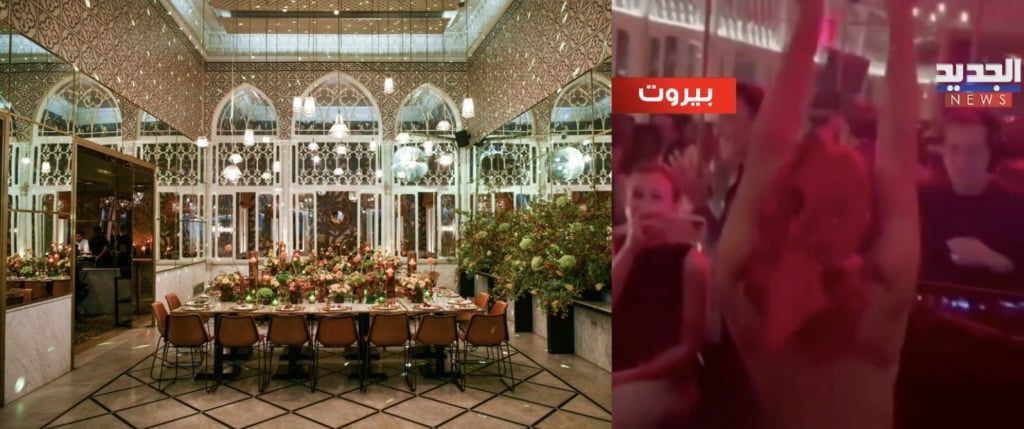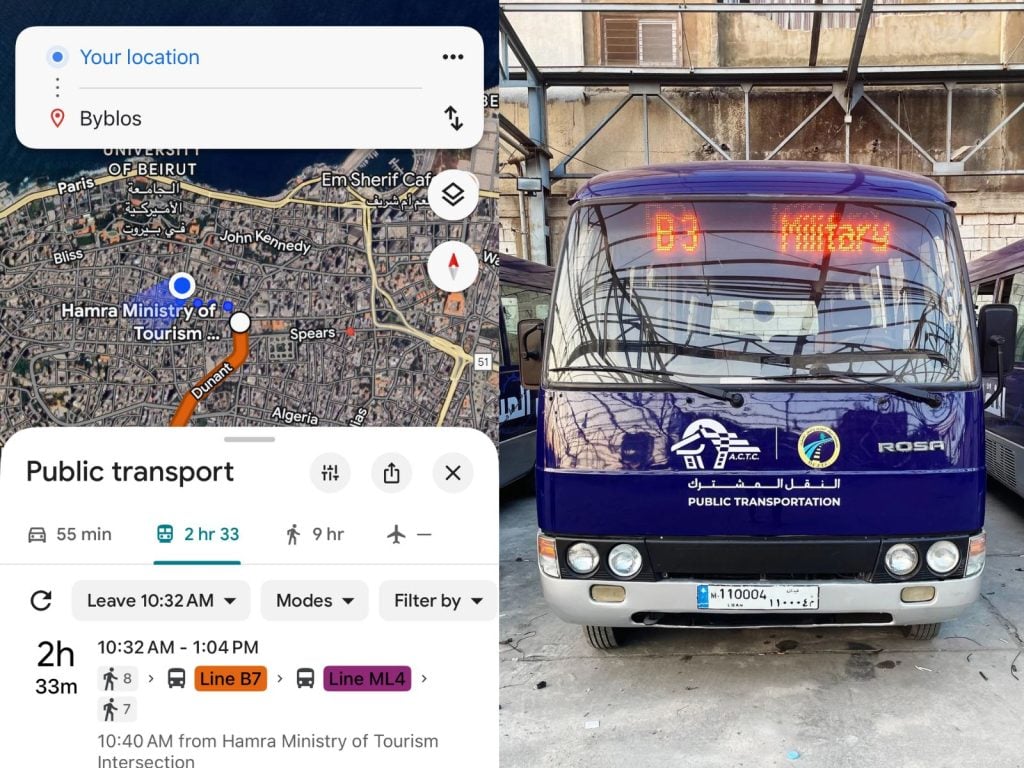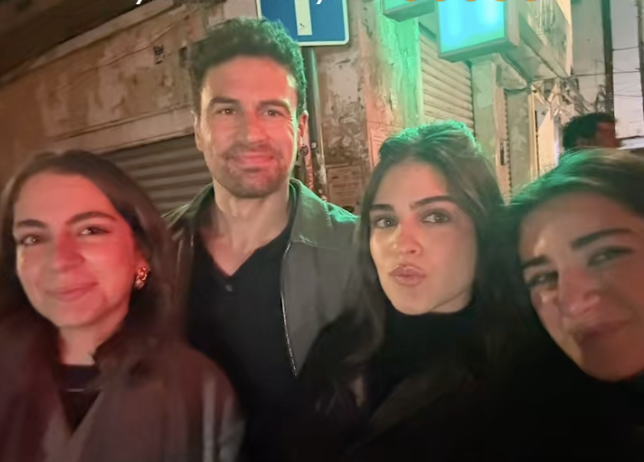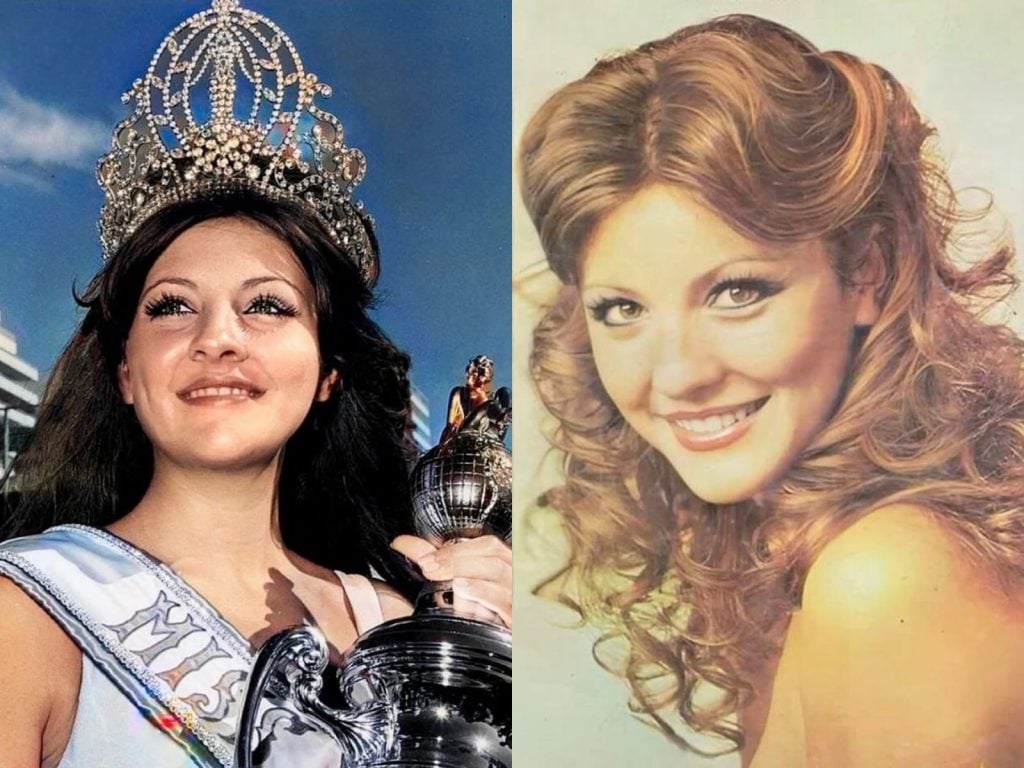When Icons Grieve: How Fairuz’s Mourning Became a Public Spectacle
غمضت عيوني خوفي للناس”
يشوفوك مخبا بعيوني
وهب الهوا وبكاني الهوى
“لأول مرة ما منكون سوا
In moments that should have been hers alone, a grieving mother was turned into a spectacle. She was once again thrust into the unforgiving weight of being a national icon, and, rather than mourning in private, Fairuz had to endure the relentless gaze of a public more interested in the symbol than the mother.
Out of respect, I will not be sharing moments from the funeral that took place on Monday, July 28, 2025. This is not meant to sensationalize or exploit a deeply personal loss. Rather, it’s a critique of how the Lebanese population and media responded.
Though the loss of a great composer, playwright, and critic like Ziad Rahbani was felt across Lebanon, much of the public, and especially the media, crossed the line between reverence and intrusion.
What should have been a private moment of mourning was treated like a rare public appearance. It became an opportunity to see Fairuz, rather than to stand with her in silence.
In doing so, her grief was overshadowed by the weight of her iconography. She was no longer a mother burying her son, but Fairuz—the legend, the voice, the myth—expected to embody strength, dignity, and an entire nation, even in the most intimate of tragedies.
The Burden of a Nation
The singer has always been deeply private, and this isn’t the first time she has been denied the right to be human. During Lebanon’s civil war, while people sought shelter underground, she had to remain invisible, emotionally and physically.
As journalist Mariam once told Al-Hallak, “Fairuz couldn’t hide in the shelter like the others. She couldn’t face the world and show her fear, exhaustion, and terror… she is a legend. She is Lebanon. If Lebanon starts trembling in front of its people, it means Lebanon has fallen apart!”
That burden never left her.
Lebanese people drew strength from her, even if it meant she had to hide her grief behind sunglasses while cameras zoomed in, unflinching. Even on the day of her own son’s funeral.
But to capture Fairuz in mourning meant to overlook Fairuz, the mother.
So long as Fairuz is forced to hide in plain sight, she will forever be reduced to an icon. Seen and loved by all, but truly understood by few. She continues to carry the weight of an entire nation, not just that of a grieving mother.
Final Thoughts
If there is one lesson to take from this moment, it is that no icon—no matter how beloved—should be denied their humanity. Lebanon must learn to honor its cultural legends not just as symbols, but as people with private lives, grief, and vulnerabilities.





